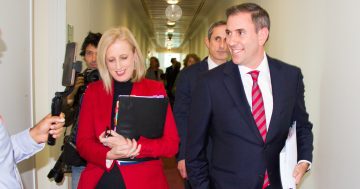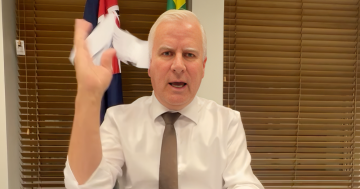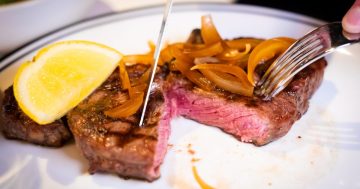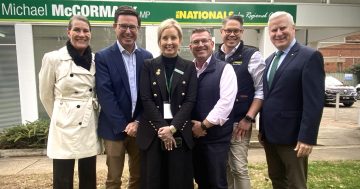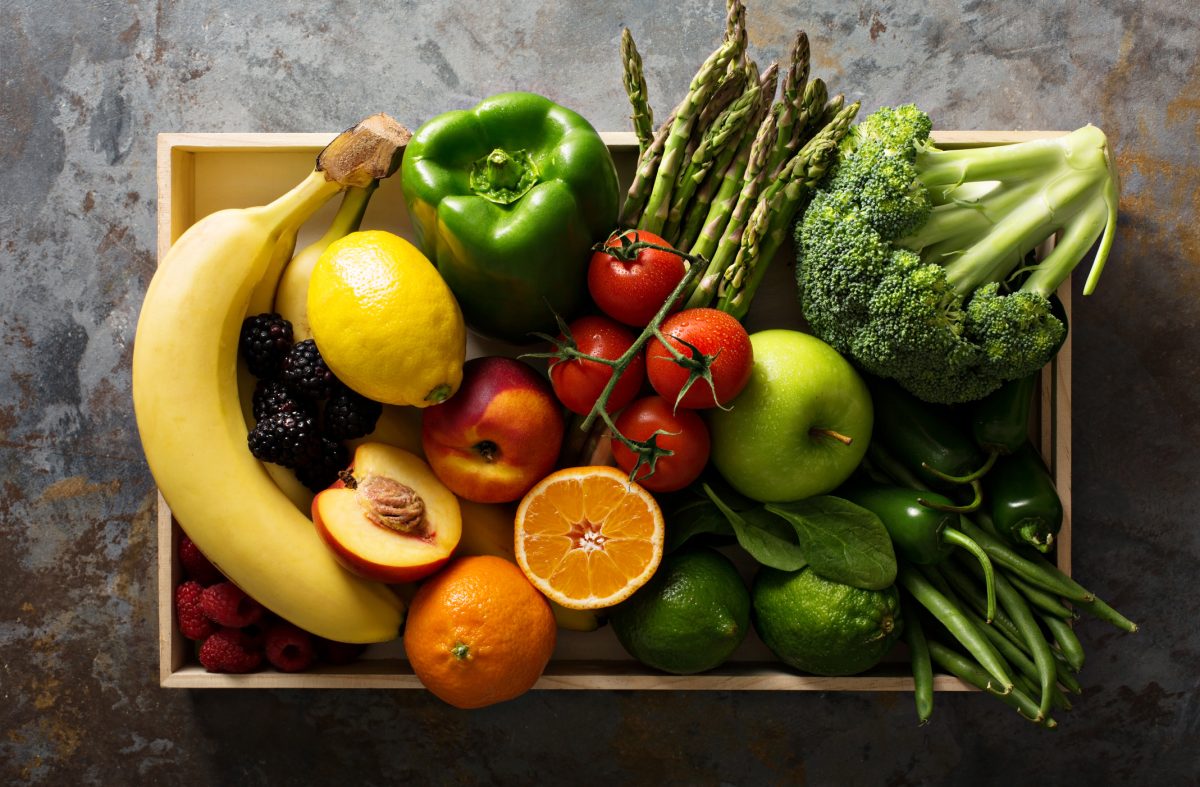
The Federal Government imposed a biosecurity levy on Australian farmers this year. Photo: iStock/VeselovaElena.
Following the increase in levies on Australian farmers this year, Riverina farmers and families have been urged to have their say on the fresh food tax.
As part of the 2023 Federal Budget the government has imposed the biosecurity levy on Australian farmers, a move that will cost the industry more than $150 million over the three years from July 2024.
The levy is to offset the government’s plan to spend $1 billion over the next four years on biosecurity.
Budget documents show that while the government plans to spend $198 million on a new biosecurity system in 2023-24, then about $260 million each year for three years following, from 2024-25 and the following two fiscal years that total will be offset by levies on the domestic agricultural sector of $153 million.
Federal Member for Riverina Michael McCormack said consultation had been opened into the sustainable funding to strengthen biosecurity budget measures.
Mr McCormack said Riverina farmers and families would be affected by the new tax, which is set to increase the price of fresh produce.
“Australian Bureau of Statistics data shows the Riverina electorate has 5235 people employed as farmers and farm managers, representing 7.2 per cent of the 72,911 people employed in the electorate,” he said.
“Farmers are a vital part of our region as they support rural communities and provide us with fresh, healthy and affordable food.
Mr McCormack urges all who are concerned about the potential impost on their livelihoods to register and have their say.
Nationals leader and Shadow Agriculture Minister David Littleproud said it had been almost three months since the budget, and there was still no new information about the biosecurity levy.
“It is unfathomable the Labor government would ask farmers to pay for the biosecurity risks of international importers from other countries,” Mr Littleproud said.
“Instead of taxing farmers, a future Coalition Government will scrap this tax. Under our plan, importers of foreign products will pay for the biosecurity risk they pose – not Australian farmers.”
NSW Farmers’ vice-president Rebecca Reardon, a Moree farmer who also sits on the board of Grains Australia, told Region that farmers are already paying emergency levies and Plant Health Australia is already paying hundreds of thousands of dollars on biosecurity threats.
She said it’s extremely disappointing that the government is imposing farmers with another levy to fund managing biosecurity threats that are not created by the farmers.
To find out more, register and have your say on the new biosecurity tax visit this website.







